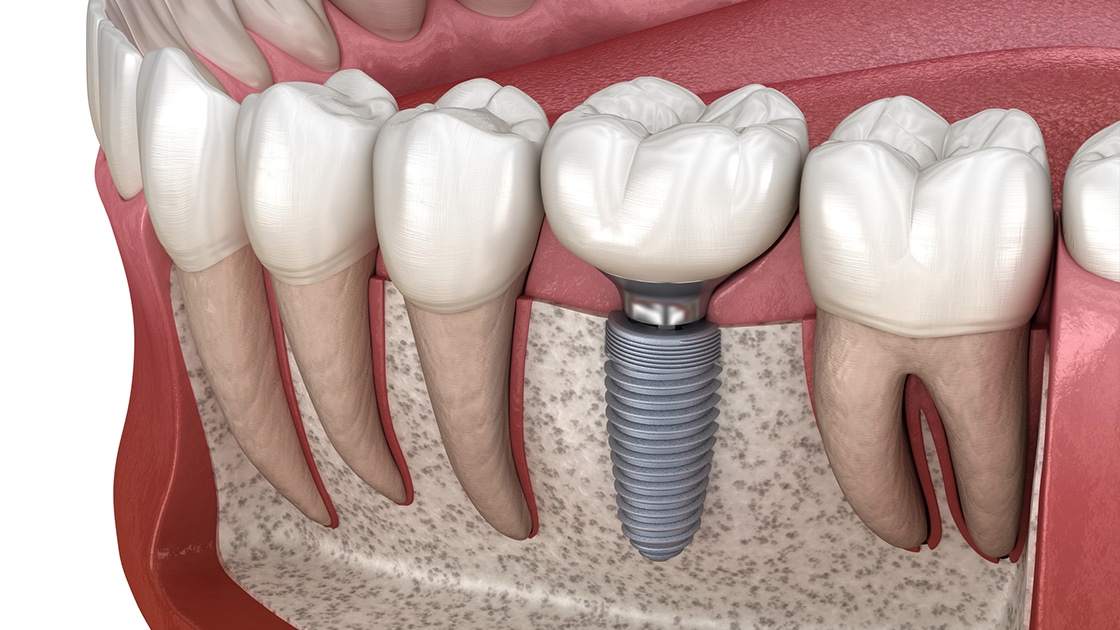
Having a perfect smile can make a significant difference in your overall appearance and self-confidence. Full dental implants offer a long-term solution for individuals looking to restore their smile and oral health. In this article, we will provide you with a complete overview of how full dental implants can help you achieve the perfect smile you've always wanted.
What are Full Dental Implants?
Full dental implants, also known as implant-supported dentures, are a popular restorative dental option for individuals who are missing multiple teeth or need to replace a full arch of teeth. Unlike traditional dentures that rest on the gums, full dental implants are surgically placed into the jawbone to provide a stable foundation for replacement teeth.
Components of Full Dental Implants:
- Dental implants: Titanium posts that are surgically placed into the jawbone.
- Abutments: Connectors that attach the replacement teeth to the dental implants.
- Replacement teeth: Custom-made crowns, bridges, or dentures that are attached to the abutments.
Benefits of Full Dental Implants
There are several benefits to choosing full dental implants to restore your smile:
Some of the key benefits include:
- Natural look and feel: Full dental implants closely resemble natural teeth, providing a seamless and aesthetic smile.
- Improved oral health: Implants help preserve bone density and prevent further oral health issues associated with missing teeth.
- Enhanced chewing and speech: With full dental implants, you can enjoy improved chewing efficiency and clearer speech compared to traditional dentures.
- Long-lasting solution: With proper care and maintenance, full dental implants can last a lifetime.
The Full Dental Implant Process
Here is an overview of the full dental implant process:
- Evaluation: Your dentist will evaluate your oral health and determine if you are a suitable candidate for full dental implants.
- Implant placement: The dental implants are surgically placed into the jawbone under local anesthesia.
- Healing period: The implants will need time to integrate with the jawbone during a process called osseointegration.
- Abutment placement: Once the implants have healed, abutments are placed to connect the replacement teeth.
- Replacement teeth attachment: Finally, custom-made replacement teeth are attached to the abutments to complete your smile.
Care and Maintenance of Full Dental Implants
Proper care and maintenance are essential to ensuring the longevity of your full dental implants:
Here are some tips to care for your full dental implants:
- Regular brushing and flossing to keep the replacement teeth clean and prevent plaque buildup.
- Visiting your dentist for routine check-ups and cleanings to monitor the health of your implants.
- Avoiding hard foods and habits like chewing on ice or using your teeth as tools to prevent damage to the implants.
- Quitting smoking, as tobacco use can increase the risk of implant failure.
Cost of Full Dental Implants
The cost of full dental implants can vary depending on several factors, including the number of implants needed, the complexity of the case, and your location. While full dental implants may have a higher upfront cost compared to traditional dentures, they offer long-term benefits and durability that can make them a worthwhile investment in your oral health and quality of life.
Factors that can impact the cost of full dental implants include:
- Number of implants needed
- Materials used for the replacement teeth
- Surgical fees
- Preparatory treatments such as bone grafting
Are Full Dental Implants Right for You?
If you are missing multiple teeth or require a full arch replacement, full dental implants may be the ideal solution for restoring your smile. However, it is essential to consult with a qualified dentist or prosthodontist to determine if you are a suitable candidate for full dental implants based on your oral health and individual needs.
You may be a good candidate for full dental implants if:
- You have good overall health and adequate jawbone density to support the implants.
- You are committed to maintaining good oral hygiene and attending regular dental check-ups.
- You are looking for a long-term, durable solution to replace missing teeth.
By considering these factors and discussing your options with a dental professional, you can make an informed decision about whether full dental implants are the right choice for achieving the perfect smile you deserve.